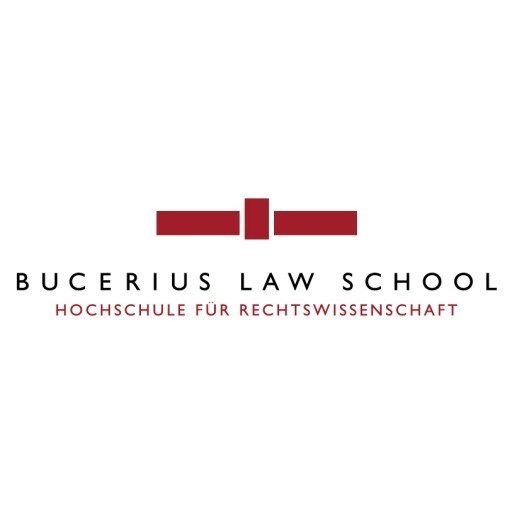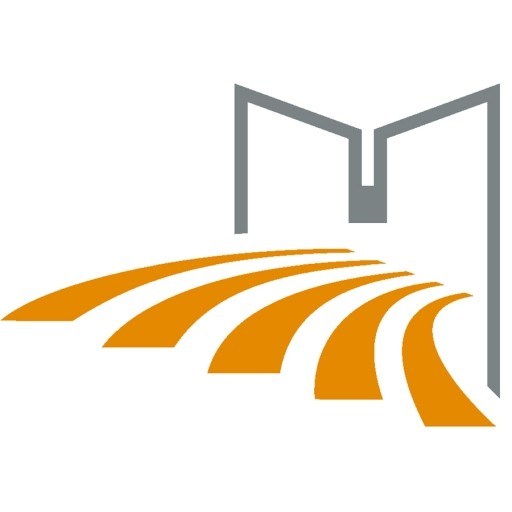Photos of university / #hwrberlin
The Chinese-European Economics and Business Studies program at Berlin School of Economics and Law offers students an interdisciplinary education designed to equip them with a comprehensive understanding of economic and business environments in both China and Europe. This innovative program combines rigorous coursework in economics, international business, and management with language training and cultural studies, enabling graduates to operate effectively in the globalized marketplace. Throughout the program, students will engage with contemporary topics such as international trade, cross-cultural communication, Chinese and European market dynamics, and global economic policy, preparing them for successful careers in multinational corporations, international organizations, consulting firms, and entrepreneurial ventures. The curriculum emphasizes practical skills, including data analysis, strategic thinking, negotiation, and project management, complemented by internships and collaborative projects with companies operating in China and Europe. Students also benefit from exchange opportunities at partner universities, allowing them to immerse themselves in different cultural and economic contexts. The program is designed to foster intercultural competence, adaptability, and a deep understanding of both Chinese and European business practices, making graduates highly competitive in international job markets. With a strong focus on both theoretical foundations and practical applications, the Chinese-European Economics and Business Studies program aims to prepare students to become future leaders and experts in economic and business affairs on a truly international scale.
Educational organisation
During the first semester, all students study four compulsory courses: International Economics, Macroeconomics, Development Economics, and Global Governance.In the second semester, all students take the research-based course Current Issues in International Economics and choose three further courses from a wide range of options which include: Growth & Distribution, Gender & Globalisation, Regional Economic Integration, Econometrics, Institutional Economics, Workers' Rights in the Informal Economy, and the Political Economy of Modern Capitalism (subject to change)
During the third semester, students will be committed to researching and writing their Master's thesis.
Internships
Students who have completed a Bachelor's degree with only 180 credit points (generally corresponding to a three-year Bachelor's programme) will be required to complete a work experience placement in the third semester which is worth 30 credit points. Students with a Bachelor's degree worth 210 credit points who have already obtained supervised work experience on their undergraduate programme may also take a placement in the third semester if they wish.Forms of assessment
Courses are assessed by varying combinations of class presentations, written papers, and exams.Students gain 30 ECTS each semester.
Course objectives
The International Economics programme provides the skills needed to pursue internationally oriented careers with government and non-government organisations as well as with international businesses, business organisations, and trade unions. Graduates will also be able to apply for PhD programmes.Language requirements
The language of instruction is English. Applicants have to prove good working knowledge of English equivalent to level B2 (CEFR), e.g. TOEFL iBT 87, IELTS 6.0, and CAE.Academic requirements
- Bachelor's or equivalent degree in business studies or economics or in related subjects with a focus on business or economics
- Specific evidence of having completed undergraduate courses in microeconomics, macroeconomics, and international economics
- At least 210 credit points (applicants with 180 European credit points will be required to obtain the additional 30 credit points by completing a placement in the third semester, the programme will then last four semesters)
- Excellent English skills equivalent to at least B2 on the CEFR (Common European Framework of Reference), e.g. TOEFL iBT 87, IELTS 6.0, and CAE
- Letter of motivation and CV in English
Enrolment fees
Approx. 300 EUR (subject to change without notice) per semester cover fees for the student services organisation and student parliament groups as well as the cost of a semester ticket, which allows students to use the Berlin Public Transport (BVG) for six months.Costs of living
The cost of living in Berlin is estimated at approx. 850 EUR per month. This includes rent in a student residence hall (private accommodation costs from 300 to 500 EUR per month), living expenses, health insurance, books and materials, and incidental expenses.Job opportunities
There are many job opportunities for students in Berlin.Non-EU students are permitted to work within specified limits.









